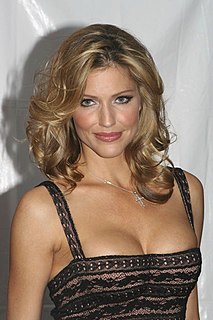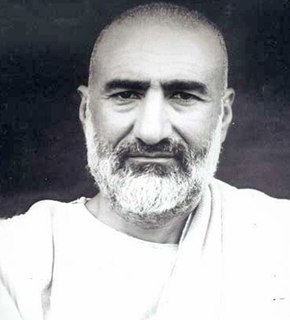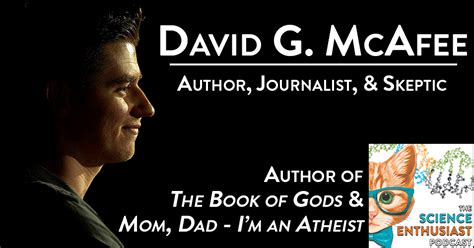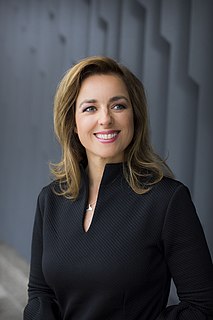A Quote by Sri Chinmoy
There is no fundamental difference between one religion and another, because each religion embodies the ultimate Truth. Each religion is right, absolutely right, because each religion conveys the message of Truth in its own way.
Related Quotes
The incipient magician will confess his faith to a universal religion. He will find out that every religion has good points as well as bad ones. He will therefore keep the best of it for himself and ignore the weak points, which does not necessarily mean that he must profess a religion, but he shall express awe to each for of worship, for each religion has its proper principle of God, whether the point in question be Christianity, Buddhism, Islam or any other kind of religion.
One form of religion perpetually gives way to another; if religion did not change it would be dead. ... Each time the new ideas appear they are seen at first as a deadly foe threatening to make religion perish from the earth; but in the end there is a deeper insight and a better life with ancient follies and prejudices gone.
We only have this one planet; we got to figure out how to live on it without destroying it. So much of cultures not getting along is because of religion. If each religion's deity is the right one to them, then whose is right and whose is wrong? No one has the proof, so we need to figure out how to work through it
A man who is convinced of the truth of his religion is indeed never tolerant. At the least, he is to feel pity for the adherent of another religion but usually it does not stop there. The faithful adherent of a religion will try first of all to convince those that believe in another religion and usually he goes on to hatred if he is not successful. However, hatred then leads to persecution when the might of the majority is behind it.
Religion is a personal, private matter and parents, not public school officials, should decide their children's religious training. We should not have teacher-led prayers in public schools, and school officials should never favor one religion over another, or favor religion over no religion (or vice versa). I also believe that schools should not restrict students' religious liberties. The free exercise of faith is the fundamental right of every American, and that right doesn't stop at the schoolhouse door.
I've always believed that everything that is said from authority is either the authority of one's own heart, one's own brain, one's own reading, one's own trust, but not the authority of someone who claims it because they're speaking for God and they know the truth because it's written in a book. That, essentially, is where I come from. In a sense, tolerance is my religion. Reason is my religion.









































